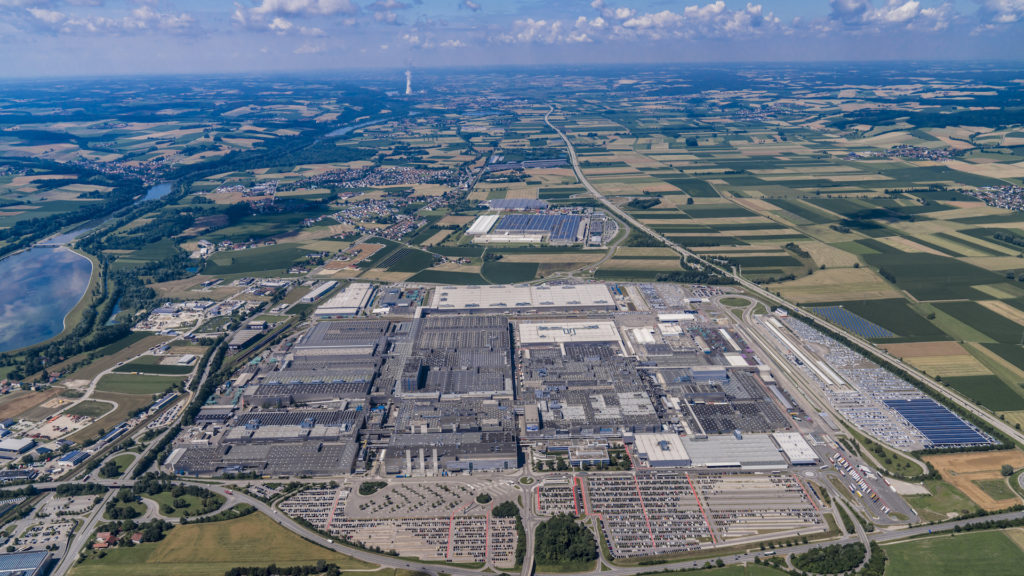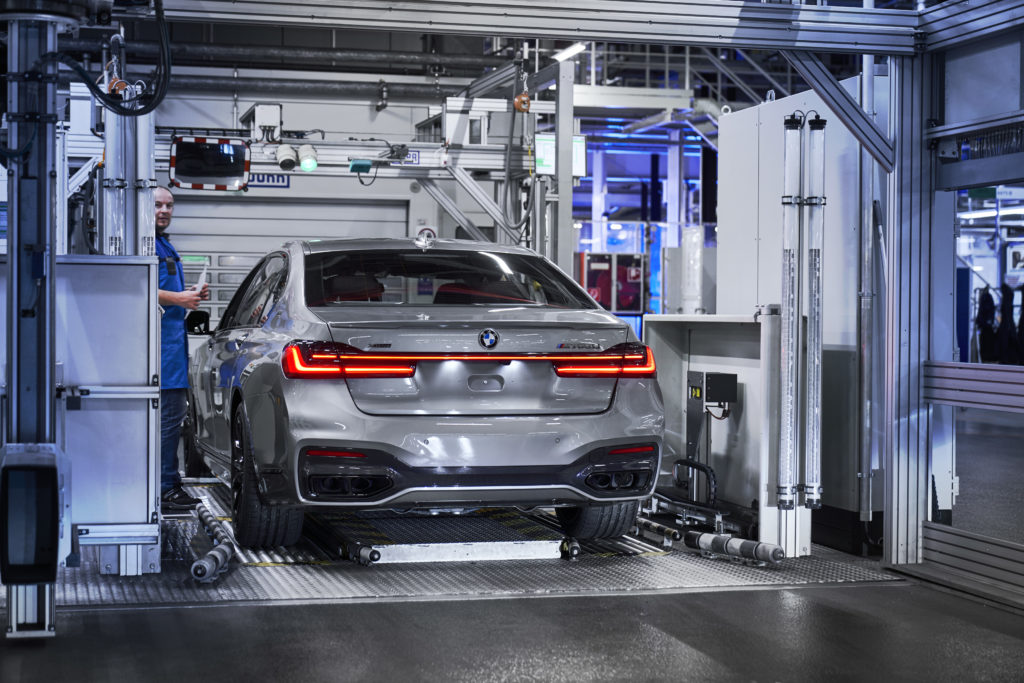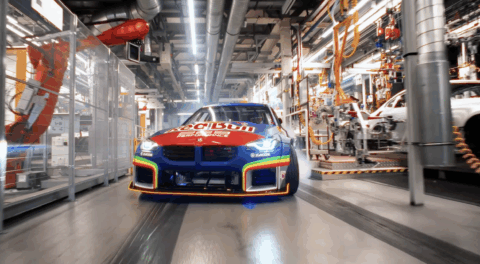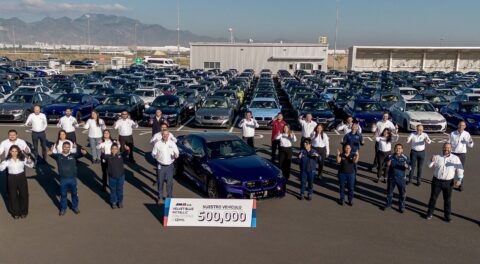As the world shuts down to stem the spread of the novel human coronavirus (COVID-19), the global auto industry is grinding to a halt. Within the same 24 hours that Ford, General Motors, and Fiat Chrysler announced that they would be halting production in the U.S., BMW announced the closure of all of its European production plants. The closure extends to BMW Group Plant Rosslyn in South Africa, and is scheduled to be in effect from the week of March 16–20 until at least April 20.
The unprecedented nature of the shutdown cannot be understated. In an announcement made today, BMW CEO Oliver Zipse explained that the far-reaching decision was motivated by a desire to protect employees and their families and that the company is also gearing up for whatever may come post-outbreak. As of this writing, the closure also effects attractions like BMW Welt. In recent weeks, BMW employees at two of the automaker’s most important production facilities tested positive for the new virus. Previously, an employee at BMW’s research and development center (FIZ) in Munich also contracted it, which resulted in a quarantine.
BMW maintains a global manufacturing network, with the majority of facilities located in Europe. It remains unclear if all are subject to the closure.
- Berlin, Germany
- Debrecen, Hungary
- Dingolfing, Germany
- Eisenach, Germany
- Landshut, Germany
- Leipzig, Germany
- Munich, Germany
- Regensburg, Germany,
- Steyr, Austria
- Wackersdorf, Germany
- Rosslyn, South Africa

BMW isn’t the only German automaker putting the brakes on production. Mercedes-Benz, along with the entire VAG umbrella, which includes Porsche, Audi, Volkswagen, and a host of other brands, have all closed their European production facilities until at least April 1. Ford has a few factories in Europe as well, and these are also closed until at least March 25.
Although the news out of China has been more positive as of late, and factories have been resuming production after extended closures since February, challenges remain. Global automakers with large operations in China are still having trouble staffing their factories, while the global supply chain for parts and components out of China has been heavily disrupted, causing the shuttering of production facilities elsewhere. During February, auto sales dropped a breathtaking 79% in China, the largest decline in the nation’s history.
As the month of March comes to a close, one undeniable indicator of the Chinese workforce resuming operations is the level of nitrogen dioxide emissions visible from space. NASA and the European Space Agency have been keeping track for a while, and last month, it was reported that airborne pollution over China had dramatically fallen. Now, as the China attempts to reopen its factories, the emissions have returned, while the lockdown of Italy is resulting in a similar pattern.
In another sign of truly remarkable times, executives at Ford and GM have publicly signaled their willingness to mobilize manufacturing efforts for the production of ventilators, should the U.S. and world once again need to lean on American manufacturing capacity.—Alex Tock
Update: Since publication of this article, numerous American auto manufacturers including Ford, General Motors, and Tesla have begun collaboration with the government and engaged with medical device manufacturers to produce ventilators, masks, and other equipment that may be needed.

[Photos courtesy BMW AG.]






















